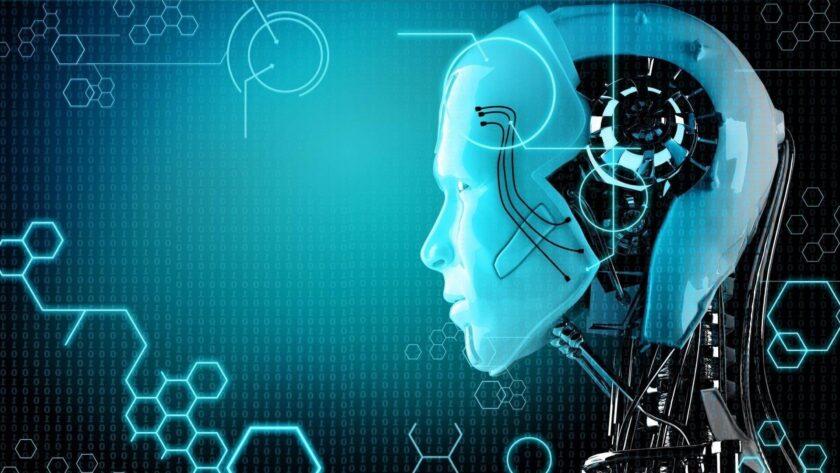Artificial Intelligence has the potential to transform the world, but with great power comes great responsibility. As AI technology advances, ethical considerations become increasingly important. This article explores the ethical challenges of AI, including issues related to privacy, bias, job displacement, and accountability, and provides insights into how AI can be developed and deployed responsibly.
The Ethical Challenges of AI
1. Privacy Concerns
AI systems often rely on large amounts of data, much of which may include personal information. This raises concerns about how that data is collected, stored, and used. Without proper safeguards, AI could lead to privacy violations and data misuse.
2. Bias in AI
AI algorithms are trained on historical data, and if that data is biased, the AI system may produce biased outcomes. For example, an AI hiring tool may favor candidates from certain demographic groups if the data it was trained on is biased. Addressing bias in AI is critical to ensure fairness and equality.
3. Job Displacement
As AI continues to automate tasks previously performed by humans, there are concerns about job displacement. Many industries, including manufacturing, transportation, and customer service, are at risk of significant job losses due to automation.
4. Accountability
As AI systems make more decisions autonomously, the question arises: who is responsible when something goes wrong? Whether it’s a self-driving car accident or a decision made by an AI-powered financial system, establishing accountability for AI decisions is essential to ensure transparency and trust.
Responsible AI Development
To ensure AI is developed and used responsibly, it’s essential to adopt ethical guidelines that prioritize transparency, fairness, and privacy. Some key principles include:
- Transparency: AI systems should be transparent in their decision-making processes, allowing users to understand how decisions are made.
- Fairness: AI systems should be designed to avoid bias and ensure that all users are treated fairly and equally.
- Privacy Protection: Data used by AI should be collected and stored responsibly, with strong protections to safeguard individuals’ privacy.
- Accountability: Clear accountability mechanisms should be established to ensure that AI systems operate in a manner consistent with ethical standards.
The Future of Ethical AI
As AI continues to evolve, the need for ethical AI development will only grow. Governments, organizations, and AI developers must work together to create policies and frameworks that ensure AI is developed and used responsibly. By addressing ethical challenges, we can maximize the benefits of AI while minimizing its potential harms.
Conclusion
AI offers incredible potential, but it also raises significant ethical challenges. By developing and implementing responsible AI practices, we can ensure that AI technology is used in ways that benefit society while addressing privacy concerns, bias, and accountability. The future of AI depends on how we navigate these ethical issues today.




